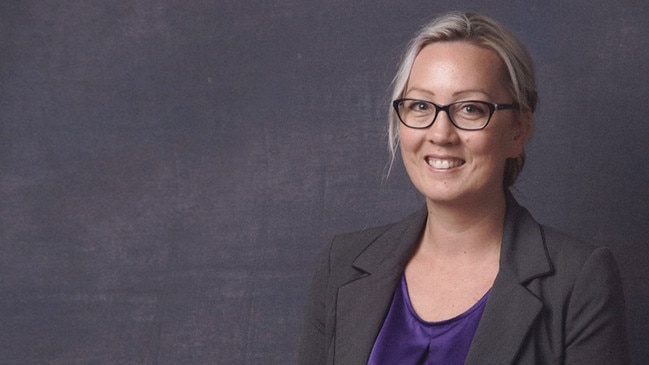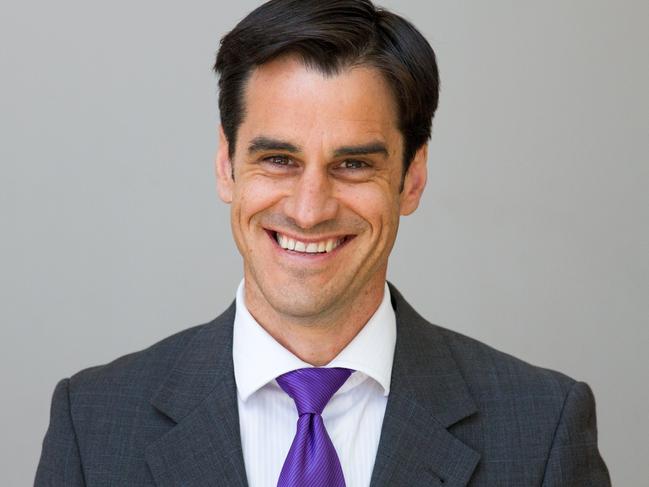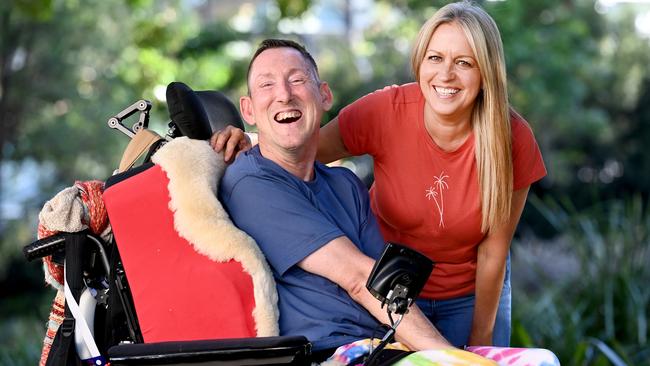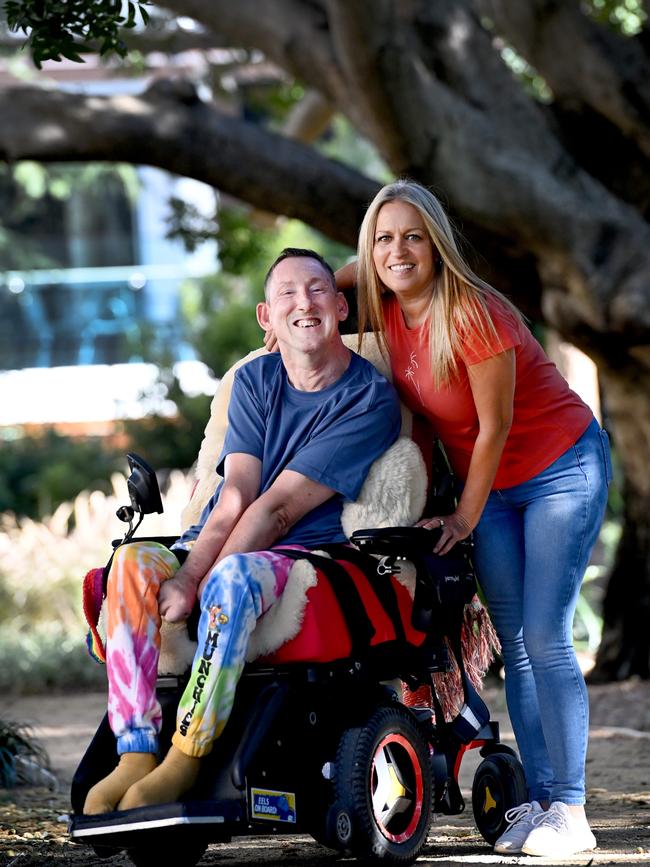How trust and a pinch of risk can make care-giving more carefree
Finding ways to reduce the tougher elements of being a carer is vital for the wellbeing of all involved. See expert tips.
SmartDaily
Don't miss out on the headlines from SmartDaily. Followed categories will be added to My News.
Caring for another person is hard yakka – even if you’re being paid or you love the person you’re looking after.
Experts suggest that finding ways to reduce the tougher elements is vital for the wellbeing of both parties, whether it’s a professional relationship or not, but how can caring become more carefree?
Australian Psychological Society president Tamara Cavenett says that “joy and fulfilment”
can help caregivers remain focused, motivated and productive.
Transitioning to needing care after a lifetime of independence is “extremely challenging,” Ms Cavenett says, so trust and rapport-building activities are essential.
“Humour can be a fantastic way to break down initial barriers,” she says, “while instilling variety … excursions and activities will increase cognitive function and happiness compared with people who are confined.”

RISING EXPECTATIONS
McCrindle research shows that almost one in five Australians is currently living with some form of disability and one in 20 requires significant care.
Australia’s rising needs equal record demand for both paid support workers and informal caregivers.
Calling in the reinforcements can help, social analyst Mark McCrindle says, adding that “informal carers are really looking for that professional input” to help them manage several care roles at once.
As this Sandwich Generation juggles multiple responsibilities at the same time – children, full-time work, ageing parents and family and friends with physical and/or mental health challenges – Mr McCrindle says “the emotional and mental health burden of that” is significant.
But he also notes they are far more aware of the need for self-care than previous generations and likelier to believe they have to look after themselves too.

“Our expectations of care have risen,” he says.
“What we expect or indeed what the person receiving care expects is a higher standard than might have been the case in the past.”
As Australia’s largest NDIS-registered online disability support provider, Hireup restores agency to people living with disability by inviting them to find and manage their own support workers.
Director of communications Andrew Thomas – who has a support worker sideline managing a blind client’s social media account – says making the relationship hum is “fundamentally about trust … and the dignity of risk.”
“No one is expected to live an entirely risk-free life” he says.
“If we did, we’d stay in bed all day. We’d never get up, we’d never cross a road.
“Why should people with disabilities be treated any differently? They should also be given the dignity of taking risks – and a good support worker will help and encourage their clients to do that safely but also creatively and lead the best life they can.”
A GOOD DAY
In the four years since Deborah Lawson has been Murray Loudon’s primary support worker, they have tossed aside many assumed limits imposed by Mr Loudon’s cerebral palsy.
Mr Loudon’s motto is “make every day a good day” and that spirit sums up the way they sidestep obstacles, sharing coastal holidays, ambitious dining options and activities like gunning down a river in a speedboat.
“Murray and I do all the things that able-bodied people do, we just find a different way to do them,” Ms Lawson says.
“We’ve been ice-skating. I said to them, ‘I just want to take my mate for a ride on the ice’. It was awesome – we just took the wheelchair out on the ice.”

“I like to do what normal people do,” Mr Loudon says.
Ms Lawson doesn’t skip a beat.
“You are normal, Murray – you mean what able-bodied people do,” she says.
“But we see something and it’s like, ‘Well, let’s go and do this’. When we went bushwalking, it was, ‘Let’s just see how far we can get down the track before we get bogged’.”
Mr Loudon says doing all these things makes him feel less “invisible”.
“I think that’s where Murray gets a lot of his kicks,” Ms Lawson says.
“He’s saying, ‘Don’t write us off because I’m in a wheelchair or can’t speak’. You’re showing people, ‘I want to go to the pub, footy, park, ice-skating and go away on holidays like everybody else’.”

GUIDE TO GREAT CARE
It takes a village to raise a child and the same is true for any holistic program of care for the elderly and those living with disability.
Here are Hireup’s top tips for making your support worker or caregiver contribution great.
• See the client as a person first and a client second
• Always appeal to their character first and their disability second
• Look at what they can do, not at what they can’t do
• Mutually agree the hallmarks of good support
• Accept that the role will bring easy days and more difficult ones
• Cherish the pleasures and successes of your time together
• Embrace the dignity of risk
For more information and assistance, visit hireup.com.au





